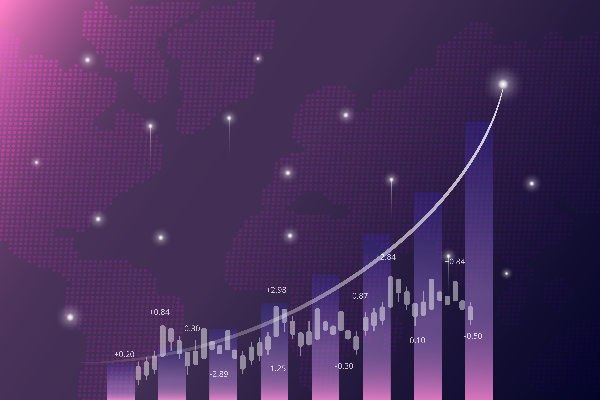Stocks have a history spanning nearly 400 years, with the earliest stock
companies being European trading companies. They sent ships to India and Asia
for trade in the 16th and 17th centuries, funded by investors, and later shared
profits. However, due to the extremely high risk, ships often disappear at sea,
making it difficult to find investors willing to contribute. So, in 1602, Dutch
shipowners formed the world's first limited liability company, known as the East
India Company, to raise funds. They only issue company stocks, and investors
buying stocks is equivalent to investing in every journey, greatly reducing
risk. As the East India Company made money, the demand for stocks increased,
driving the birth of the stock market. In 1611, the Amsterdam Stock Exchange
became the world's first stock market.

China's stock trading began at the end of the 19th century, at the end of the
Qing Dynasty. With the rise of the Westernization Movement, some business
organizations began to appear in the form of joint-stock companies. However, due
to the limited number, the stock market did not form. It was not until 1920 that
Shanghai officially established a stock exchange.
So, what is a stock? Use a small example to explain. Assuming Xiaoming owns a
grocery store and decides to expand his business to purchase nearby
supermarkets, he lacks funds. Xiaoming has three options: borrowing from a bank
or friend, dividing the company's equity into 100 shares and selling half to
investors, or going public and becoming a publicly listed company for trading on
the stock market. Stocks are proof of partial ownership of a company. The
private sale of shares usually requires a large amount of capital and is not
easily accessible. After purchasing stocks, regardless of the quantity, they
become shareholders of the company and enjoy a series of rights and risks, such
as attending shareholder meetings, voting decisions, and sharing company
profits.
Stock Prices are influenced by various factors, including a company's
profitability, prospects, and market sentiment. Therefore, stock prices often
experience overvaluation or undervaluation. Many investors use technical
analysis or value analysis to decide whether to purchase stocks.
How do I purchase stocks? Nowadays, most Securities firms offer online
account opening and trading, which is cheap and convenient, and they can also
trade stocks from other countries. It is recommended to choose reputable
securities firms to avoid unnecessary trouble.
Disclaimer: This material is for general information purposes only and is not intended as (and should not be considered to be) financial, investment or other advice on which reliance should be placed. No opinion given in the material constitutes a recommendation by EBC or the author that any particular investment, security, transaction or investment strategy is suitable for any specific person.


























